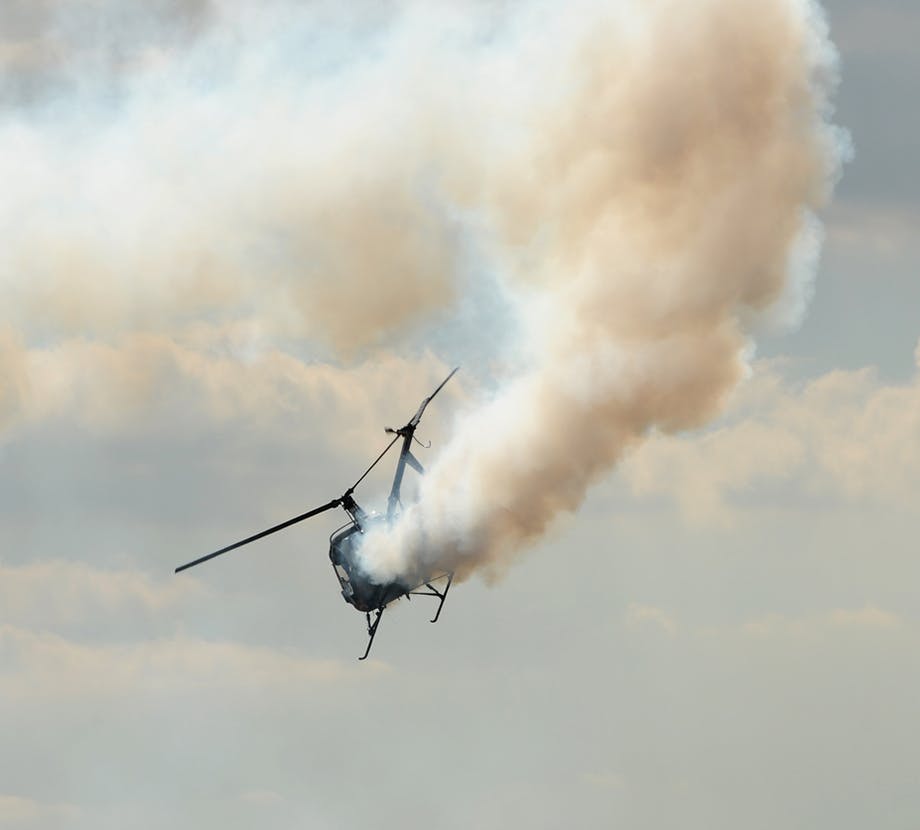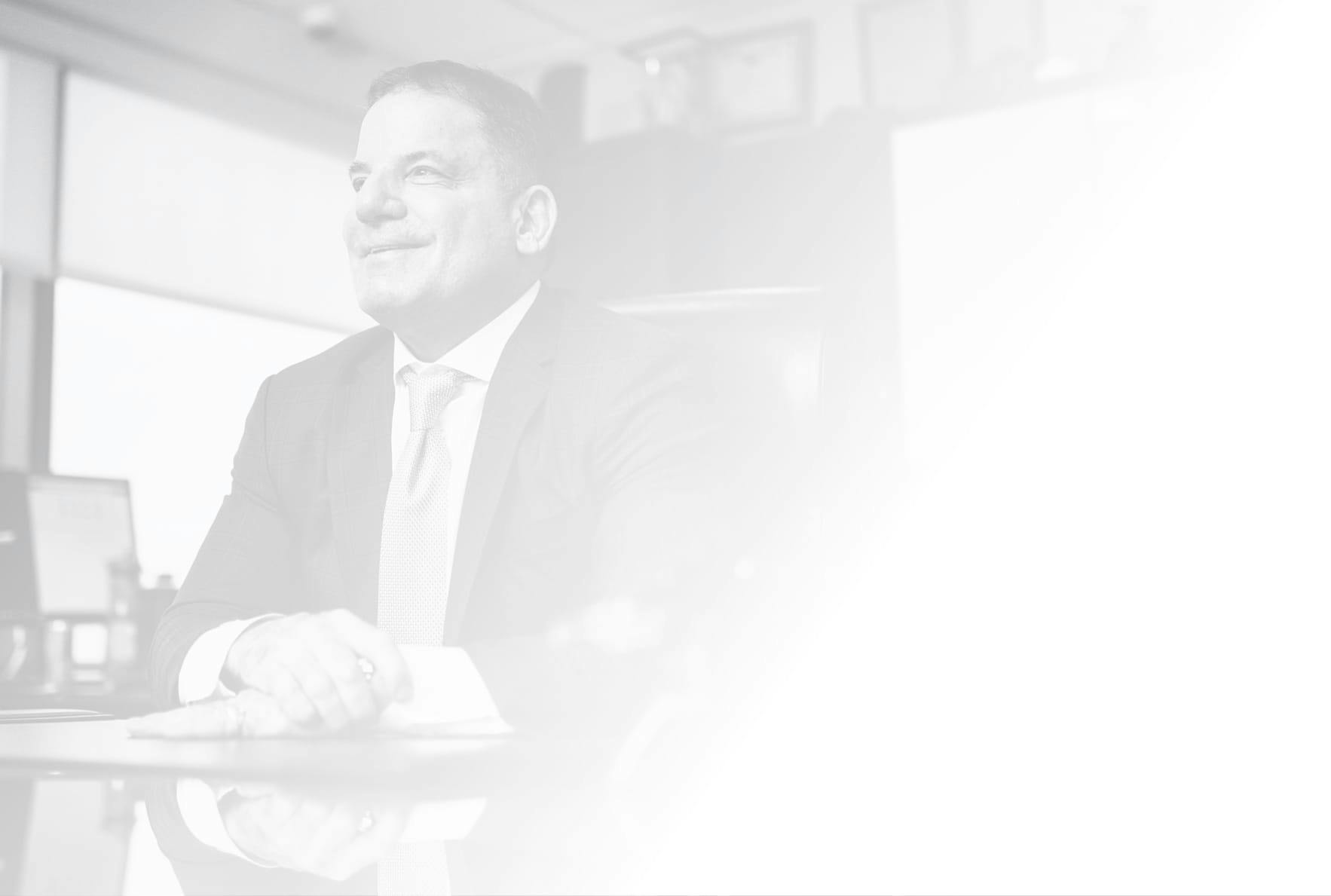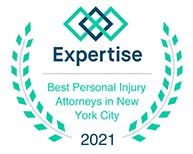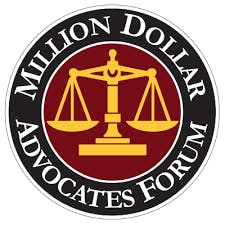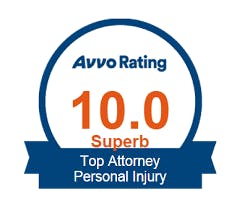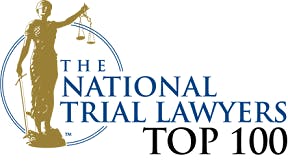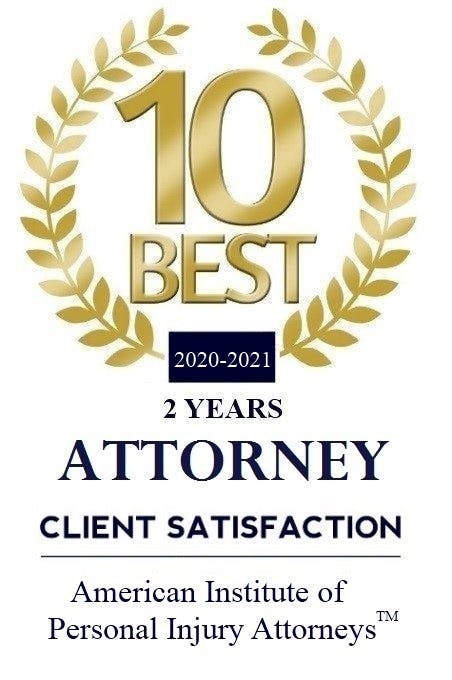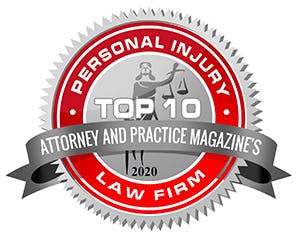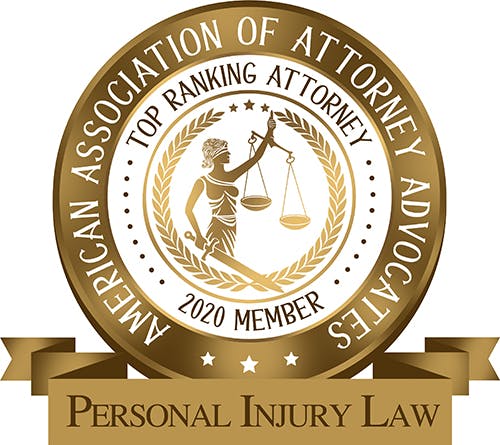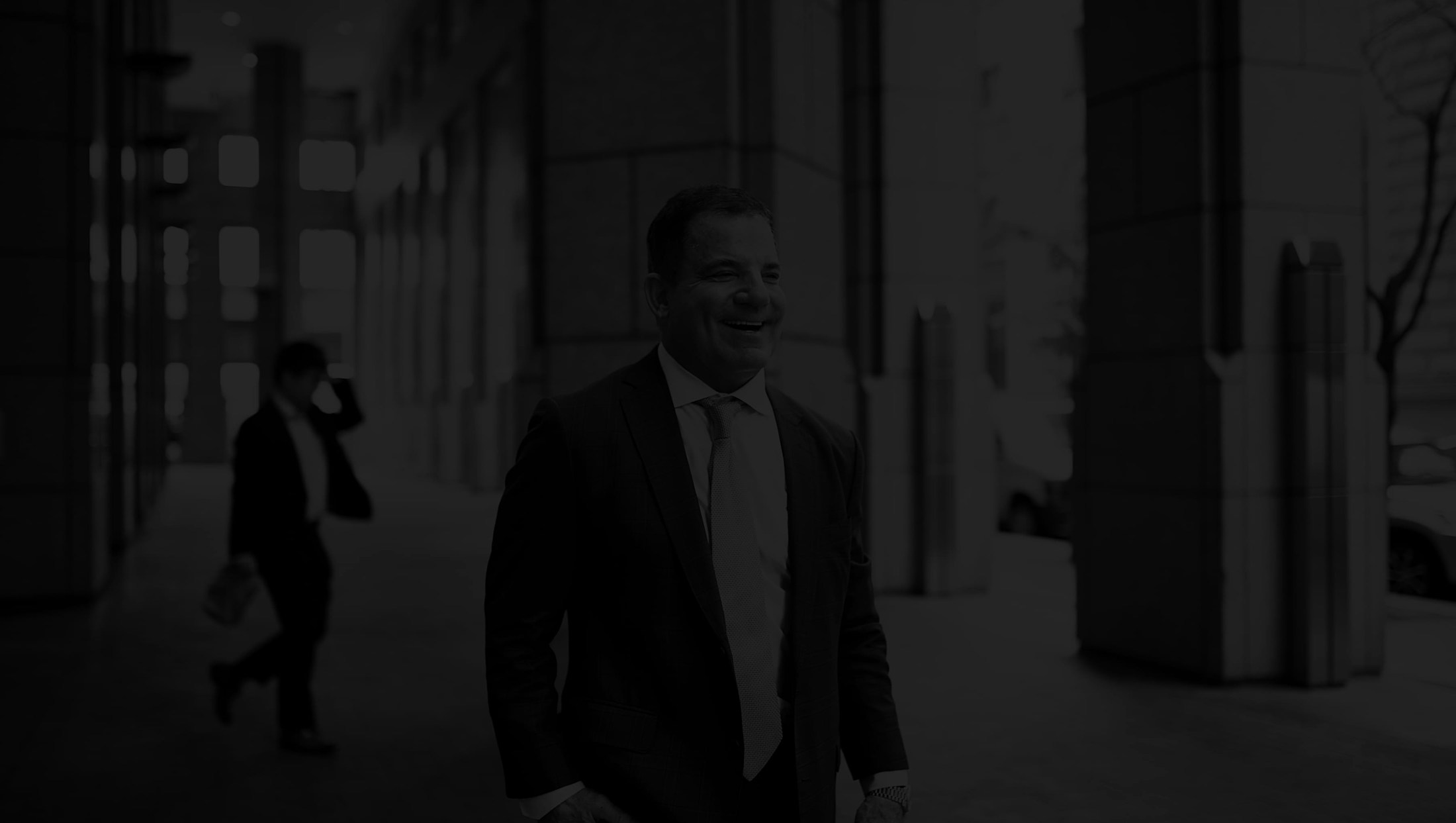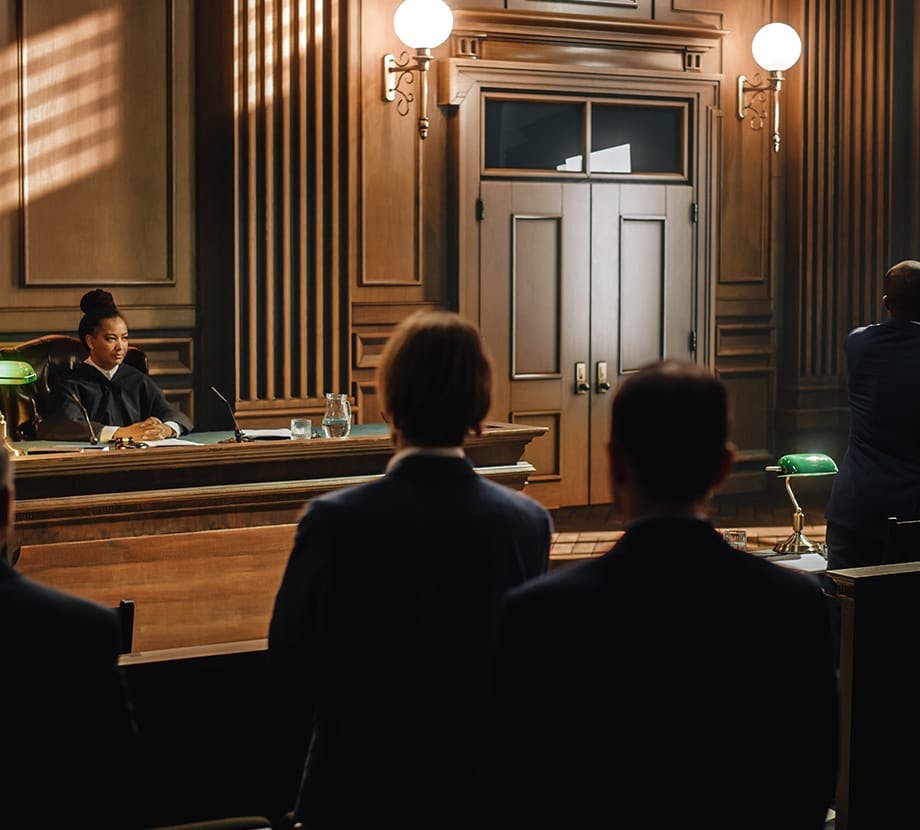When you are hurt in a helicopter accident, the law is clear: victims deserve uncompromising, fierce representation. As a leading helicopter accident lawyer in NYC, Michael S. Lamonsoff and his elite team know that only the most tenacious legal advocate will do when an air taxi or helicopter crash upends lives.
Helicopter Accident Statistics
Helicopter and air taxi incidents are less frequent than other vehicle accidents, yet their consequences can be devastating. For example, according to USA Today :
- Based on FAA data, helicopters experience about 0.63 fatal accidents per 100,000 flight hours
- According to the United States Helicopter Safety Team, helicopter accident numbers in the U.S. dropped by 36% from 2013 to 2020
- This rate is below the overall average for general aviation, yet it remains higher than the fatal accident rate for commercial airlines
- One notable incident occurred during an air tour over New York City in 2009, claiming the lives of nine individuals
- In another tragic event in 2020, a helicopter crash in Calabasas led to the deaths of Kobe Bryant and his daughter Gianna


